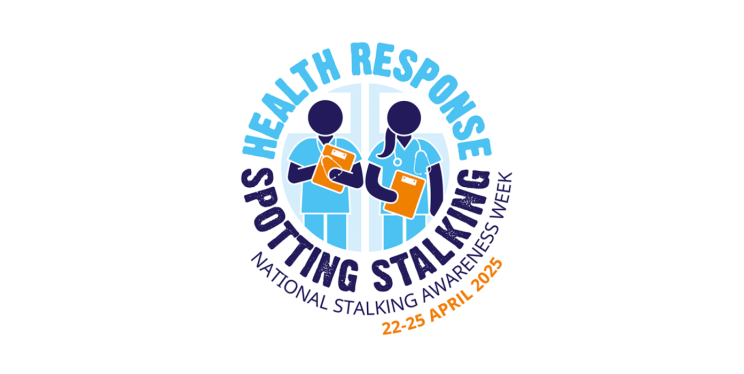Recognising and responding to stalking: National Stalking Awareness Week 2025

Stalking is a serious and pervasive crime that affects thousands of people across the UK every year. This National Stalking Awareness Week, we’re raising awareness of how to recognise the signs of stalking and the steps you can take to respond.
What is stalking?
Stalking is a pattern of fixated, obsessive, unwanted, and repeated behaviour that causes fear, distress, or alarm. Unlike harassment, stalking involves an unhealthy obsession with the victim, creating a sense of being trapped or unsafe.
Recognising the signs: THINK FOUR
Stalking behaviours can be hard to identify their risk level when considered individually but are highly concerning when they form a pattern. The ‘FOUR’ acronym can help identify stalking:
- Fixated
- Obsessed
- Unwanted
- Repeated
If someone’s actions fit these descriptions and are directed at you or someone you care about, it’s important to take them seriously.
Common examples of stalking include:
- Unwanted communication, such as persistent phone calls, texts, or messages.
- Following or monitoring your movements.
- Sending unsolicited gifts.
- Damaging property.
- Spreading false or malicious information about you.
Support for victims
Help is available from national organisations such as the National Stalking Helpline (0808 802 0300), which provides free advice and support to anyone affected by stalking. They can guide you on how to stay safe and take further action.
How to respond to stalking as an individual
- Trust your instincts: If you feel unsafe, listen to that feeling.
- Document everything: Keep a detailed record of all incidents.
- Secure your personal information: Be cautious about sharing personal details online or with acquaintances.
- Seek support: Reach out to trusted friends, family, or professional services.
- Report the behaviour: Contact the police or reach out anonymously to Crimestoppers at 0800 555 111.
The police in Avon and Somerset are equipped to handle stalking cases and can offer protection and investigation. If you prefer to report anonymously, you can contact Crimestoppers at 0800 555 111 or via their online form.
Guidance for professionals
Professionals play a crucial role in identifying and responding to stalking. You can respond effectively by:
- Identify stalking behaviours: Be aware of the common signs of stalking and use the THINK FOUR framework to assess whether someone may be a victim.
- Listen without judgement: Victims may feel isolated or doubted. Listening empathetically and validating their experience is vital.
- Document and record: Encourage victims to keep a detailed log of incidents or assist them in recording evidence if possible.
- Encourage professional help: Signpost victims to specialised support services such as the National Stalking Helpline (0808 802 0300) and ensure they know how to access police.
- Safety first: Advise on immediate safety measures, consider creating a safety plan.
Conclusion
Whether you’re a victim, a friend, or a professional, understanding how to respond to stalking is essential. Together, we can ensure victims feel supported and safe while holding offenders to account and working to prevent stalking in the future.
